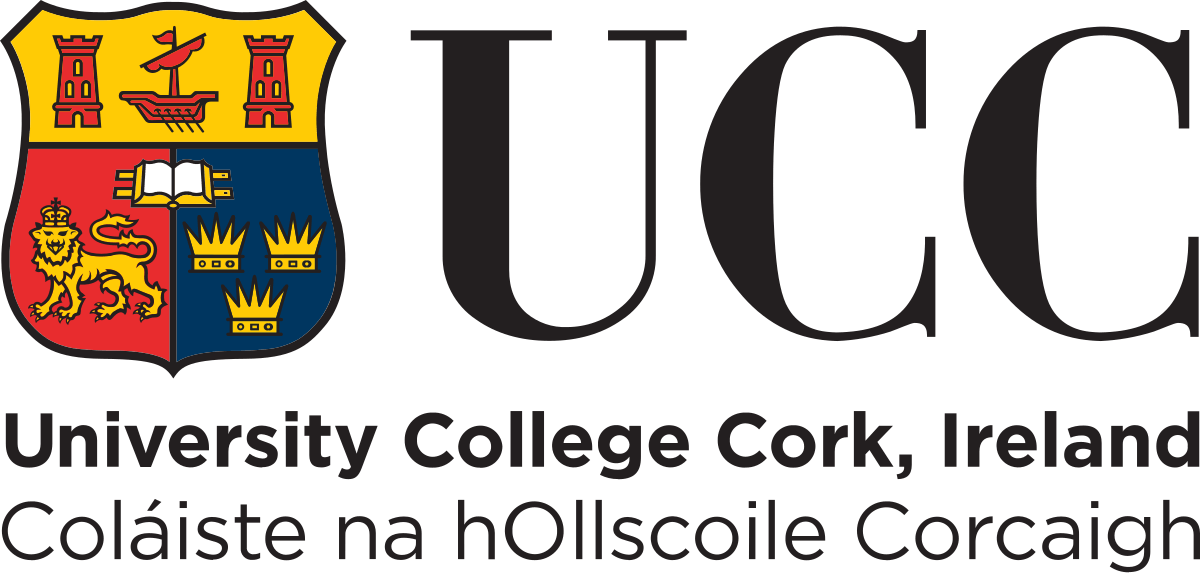BSc (with Honors) in Environmental Science
Key Points
Environmental science is the study of physical, chemical, and biological processes on Earth and of human interactions with these processes. Uses a multidisciplinary perspective to consider approaches to protect, preserve and manage the environment. Environmental science has become more important in recent years due to the need to protect the natural and human environment for present and future generations.
Program description
Graduates of Environmental Science are eligible for any job that requires a bachelor’s degree in a scientific subject, but they are particularly suitable for positions in:
- Environmental consulting
- Environment and waste divisions of local authorities.
- The Environmental Protection Agency
- Environmental divisions of chemistry
- Pharmaceutical, food and other industries
- Non-governmental organizations
- Government departments related to natural resources, heritage, environment and land use
Positions for environmental scientists typically include:
- Monitor compliance with environmental regulations
- Waste management and natural resources
- Pollution monitoring
- Environmental impact assessments
- Environmental audit
- Design environmental management systems
- Environmental Risk Assessments
Program structure
Environmental issues such as climate change, biodiversity conservation, waste and natural resource management, energy production and protection of human health now occupy high on the agenda of all governments, resulting in stricter norms and standards. This, in turn, has created a greater need for knowledgeable and trained environmental scientists.
Admission requirements
- As a general requirement, a Bachelor’s Degree / High School Diploma / General Baccalaureate / Professional Degree in a university is required recognized.
- For international candidates, the foreign equivalent is required. In addition, an officially translated degree will be required.
- IELTS 6.5, with no less than 6 in any component (or its internationally recognized equivalent).
Learn more about our educational offer
Request your quote
An advisor will contact you by phone and email within the following hours

